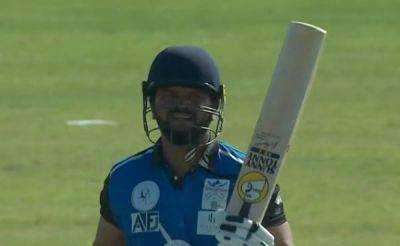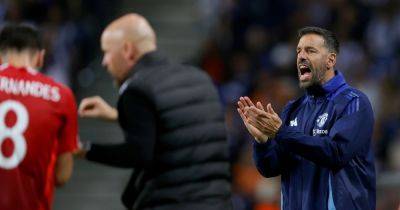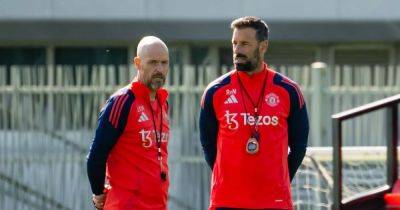The failed Bryce Young experiment shows perils of evaluating franchise QBs
The Carolina Panthers' decision to bench Bryce Young after only 18 games continues a trend of No. 1 overall picks enjoying mixed success in the NFL.
Since 2011 (the first year of the rookie wage scale), 10 quarterbacks have been selected with the first overall pick, and they have combined for zero Super Bowl wins. Cam Newton is the only former No. 1 overall pick to win an MVP Award during that span. While those numbers might surprise the draftniks who rave about the transformative potential of franchise quarterback prospects throughout the pre-draft process, the harsh reality of the struggles of QB1 prospects should prompt the NFL scouting and coaching communities to rethink how young quarterbacks are evaluated and developed in the league.
From the traits general managers, scouts, and coaches covet, to putting the perfect supporting cast around a potential franchise quarterback, to adequately preparing a young quarterback to play, team builders should conduct an autopsy on the Bryce Young experience to see what lessons can be learned from the failures of another No. 1 overall pick.
Before we discuss the Panthers' failures in developing Young, it is essential to review his scouting report and how he was projected to perform in the NFL.
As a 5-foot-10, 200-pound dropback passer, Young was an outlier expected to defy the odds due to his exceptional football IQ and processing skills. While most diminutive quarterbacks can rely on freakish athleticism, speed, or quickness to compensate for their lack of height or size, Young was a traditional pocket passer who operated primarily from the pocket at Alabama.
While critics pointed to Young's exceptional supporting cast at Alabama as a big part of his success, it was hard to








